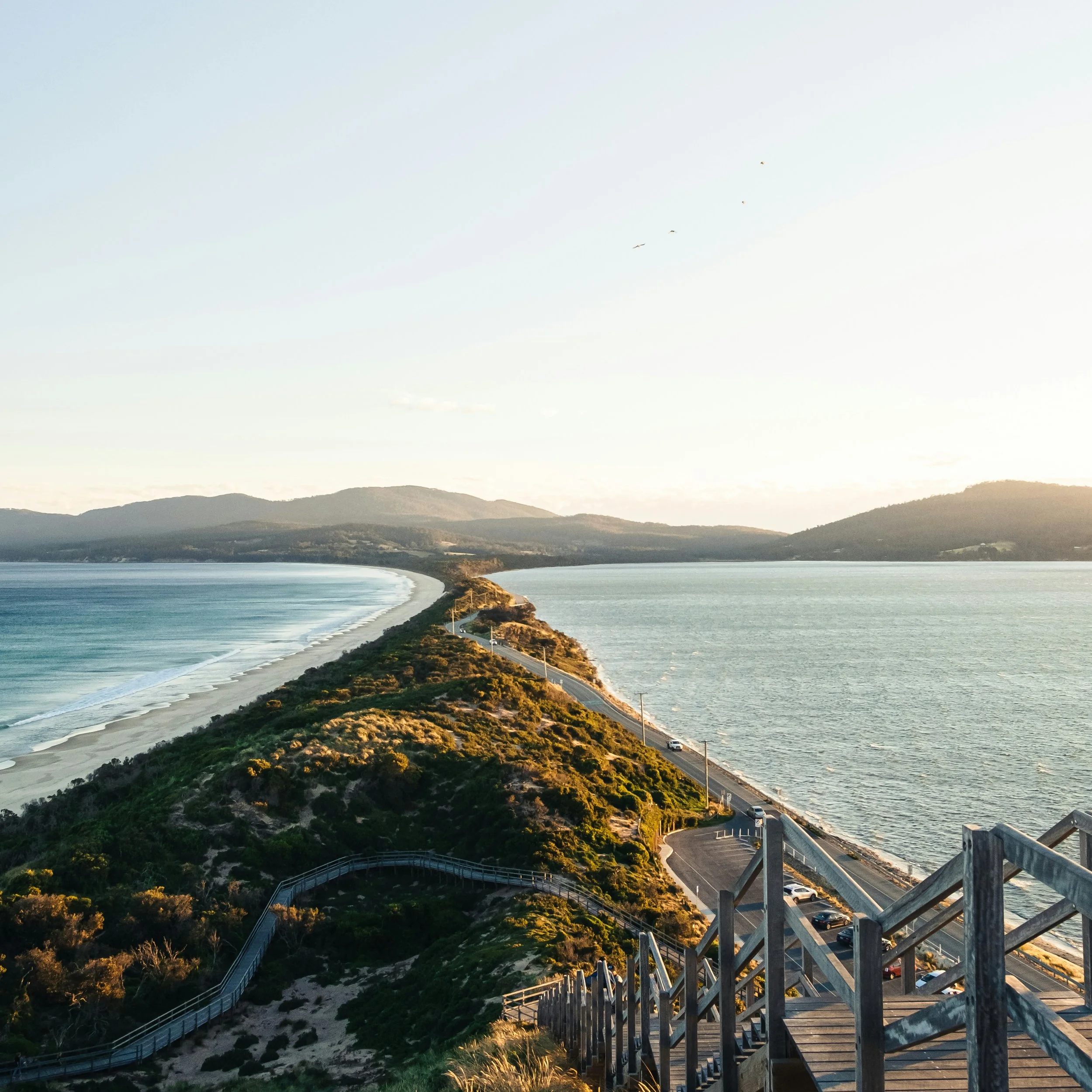Will the Federal Election result affect the State Election (and vice versa)?
By Rory Parker
It’s been a rough few weeks for the Liberal and National Parties.
First, they suffered a devastating defeat in the 2025 Federal Election—down to just 43 combined seats (far below Labor’s 94 seats, an equal for most seats ever won).
Then, the infighting began (or at least became public) and the Coalition agreement was dissolved. While it didn’t take long for them to come back together to re-form the Coalition, we’ve heard from Coalition sources that the broken relationships and systemic issues remain worse than ever.
And now, this week, Jeremy Rockliff’s minority Liberal Government in Tasmania has lost confidence of the House, driving our southernmost states back to the polls three years ahead of schedule.
So, is the collapse of this government—which was only returned to power slightly over a year ago—a symptom of the broader issues across the LNP, or is the timing an unfortunate coincidence? And what impact will the broader calamity within the coalition have on the election outcome?
What’s happening in Tasmania?
Quite simply, following a poorly-received State Budget, Premier Rockliff no longer had the support of a majority of MPs in the Parliament. Sensing opportunity, Labor initiated a vote to remove him.
This pushes Rockliff to visit the governor on 10 June, to call an election in the months that follow.
With his budget forecasting significant deficits across the next few years, Rockliff has referred to this election as one that ‘Tasmanians don’t want and Tasmania cannot afford’.
Dean Winter’s Labor party will be contesting to form government.
For social sector organisations, it’s a moment to reassess: funding decisions are frozen and advocacy must be recalibrated to account for the shifting political map.
Is all this because of the collapse of the Federal Coalition?
No…and yes.
Ultimately, Rockliff’s position has been tenuous since the election. Tasmania voted for a hung parliament, which led to negotiations with the Jacqui Lambie Network (JLN) to establish a minority government—which is always a tricky tightrope to walk.
But as the arrangement with the JLN lasted in its original form for only four months, the challenges for the government only grew.
Ultimately, Rockliff’s government hasn’t enjoyed the love of voters in recent months—with polling hitting a 16-year low with only 29% support in May 2025.
But it’s hard to say if all this jostling would have come to such a significant conclusion without the rejection of the Federal LNP. Ultimately this is because, despite Rockliff’s challenges, it’s impossible to tell if Dean Winter and the ALP would have been so bold as to force a snap election if Dutton had claimed victory in May.
So, will the issues with the Federal Coalition translate to the state?
It’s very likely.
Oftentimes, voters will somewhat excuse the challenges of a party in another jurisdiction, but the scale of the LNP’s infighting seems impossible to ignore.
At the best of times, Tasmania’s Hare-Clark system (which has 35 members elected on a proportional basis) is tough to maintain a majority.
If Rockliff were able to demonstrate his government as strong, focussed, and avoiding the petty squabbles of the mainland, his government may have been able to avoid the stink. But, this failure comes at a critical time and voters may make connections that make it difficult for Rockliff to maintain his already-fragile position.
For example, Federal polling conducted by Roy Morgan was released this week and showed Tasmania’s two-party preferred support for Labor sitting at an outrageous 70.5%. To put this into perspective, Anthony Albanese’s historic election win saw a two-party preferred vote of 55.2% nationally.
While voter intention at a Federal level doesn’t always translate to a state-level, it’s hard to not read into this as a bad omen for Rockliff.
Should we write off the Tasmanian Liberals?
It’s hard to feel optimistic for them, but…no. Of course not.
Very little is certain in politics.
Everyone had written off the Federal ALP from being able to re-form government for months until the polls tightened in early 2025. It’s not impossible for Rockliff to turn things around also.
But what is certain, is that politics is ‘swings and roundabouts’. Even if Rockliff’s team loses government at this upcoming election, there’s a good chance that many of the members will stick around to run at the next election—potentially in more senior positions.
They may even run at a Federal level, take an advisory position for a different MP, or find some other way to remain connected in politics.
People remember when you support them when they are down. Politicians recognise when you engage with them through challenging periods.
In times of political uncertainty, the best strategy is never to pick a winner—it’s to build trust across the board.
Ignore the noise, focus on relationships, and watch as your organisation builds support across the political aisle.
Tanck offers advisory services in government engagement, advocacy, stakeholder strategy, and communications.
We share our political expertise and government experience so you can achieve your funding and policy goals.

